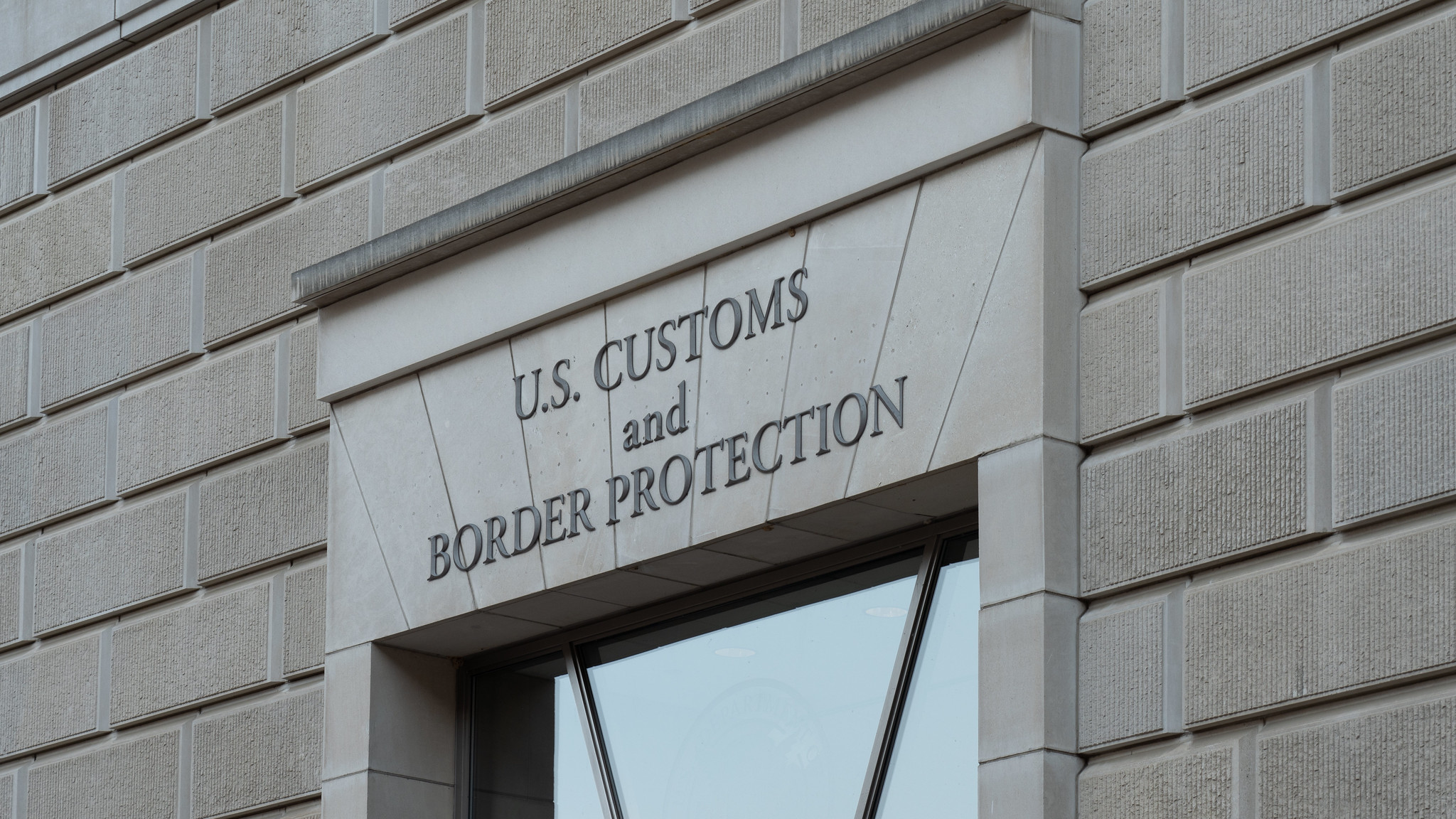Federal judge orders border agency to release records related to Twitter unmasking

A federal judge has ordered U.S. Customs and Border Protection to produce a wide range of records, including PowerPoint slides, emails and memos, in response to a Freedom of Information Act lawsuit brought by the Reporters Committee concerning the agency’s attempt to unmask the user behind an anonymous Twitter account critical of former President Donald Trump’s immigration policies.
The ruling, issued Oct. 18 by Judge Trevor N. McFadden of the U.S. District Court for the District of Columbia, cited heavily from a case successfully litigated earlier this year by Reporters Committee attorneys in the federal appeals court in the District of Columbia. That previous decision established a high bar for the government to withhold records under FOIA’s relatively new “foreseeable harm” provision and the so-called “deliberative process” privilege — and it formed the basis for many of the criticisms Judge McFadden leveled against the government in ordering CBP to turn over many previously withheld or redacted documents.
This latest ruling marks another important win in the Reporters Committee’s long-running efforts to improve government transparency and make it harder for federal agencies to shield records from the public.
The origins of the case date back to 2017, when CBP issued a summons to Twitter ordering the company to produce records — user names, account login, phone numbers, etc. — associated with “@ALT_uscis,” an account which had been critical of the agency’s positions. After Twitter sued the U.S. Department of Homeland Security and CBP, arguing that the summons violated its First Amendment rights, the government quickly withdrew the summons and the social media company voluntarily dismissed its claims.
In the wake of the short-lived dispute, Reporters Committee attorneys submitted multiple FOIA requests to CBP seeking records related to the summons and later sued the agency after it failed to produce responsive records in violation of the public records law. While the agency eventually turned over some records, it withheld or redacted many more.
In his 45-page decision, Judge McFadden concluded that some records that CBP sought to withhold from the Reporters Committee clearly did not fall under one of nine exemptions to FOIA, including agency “discussions about how to respond to Twitter’s refusal to comply with the summons” and a memo explaining to agency leaders what led to the summons. He ordered the agency to turn over those records.
Other records, the judge wrote, did fall under FOIA exemptions. However, he said the agency had to do more than just establish that the records met the criteria for a FOIA exemption — it also had to establish that it could “reasonably foresee” that releasing the records would “would harm an interest protected by” a FOIA exemption, a concept known as the foreseeable harm standard, which Congress added to the law in 2016 to make it harder for federal agencies to keep government records secret.
And that, Judge McFadden concluded, is where the government repeatedly fell short.
Throughout his opinion, the judge chided the government for making “vague,” “generic” claims to justify withholding records that fell under FOIA exemptions, especially Exemption 5, which protects from disclosure privileged communications within or between government agencies. Citing the agency’s failure to establish foreseeable harm, Judge McFadden ordered the government to disclose email communications between CBP officials discussing how to respond to Twitter’s lawsuit, how to respond to media and congressional inquiries, and what changes to make to the agency’s summons policy.
“More than five years later, agencies unfortunately are still failing to implement Congress’ changes to FOIA,” Katie Townsend, legal director for the Reporters Committee for Freedom of the Press, said in response to the judge’s ruling. “We are very pleased to see the district court holding CBP to its legal obligations under the foreseeable harm provision.”
The court’s decision wasn’t a complete win for the Reporters Committee. Granting partial summary judgment in favor of the government, the judge concluded that CBP properly withheld or redacted some records. And in a few cases, he wrote, the government did manage to establish (even if just barely) that the release of some documents met the foreseeable harm threshold.
The Reporters Committee regularly files friend-of-the-court briefs and its attorneys represent journalists and news organizations pro bono in court cases that involve First Amendment freedoms, the newsgathering rights of journalists and access to public information. Stay up-to-date on our work by signing up for our monthly newsletter and following us on Twitter or Instagram.
Photo by Jonathan Cutrer